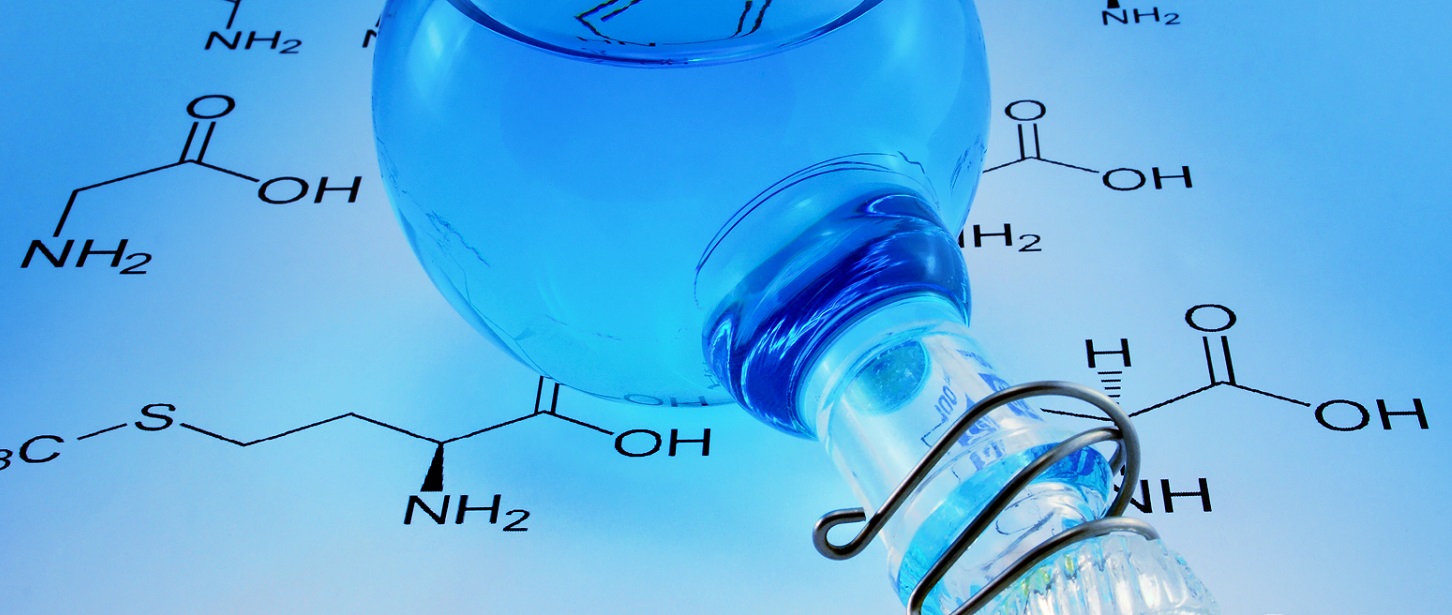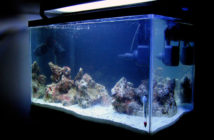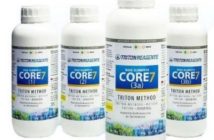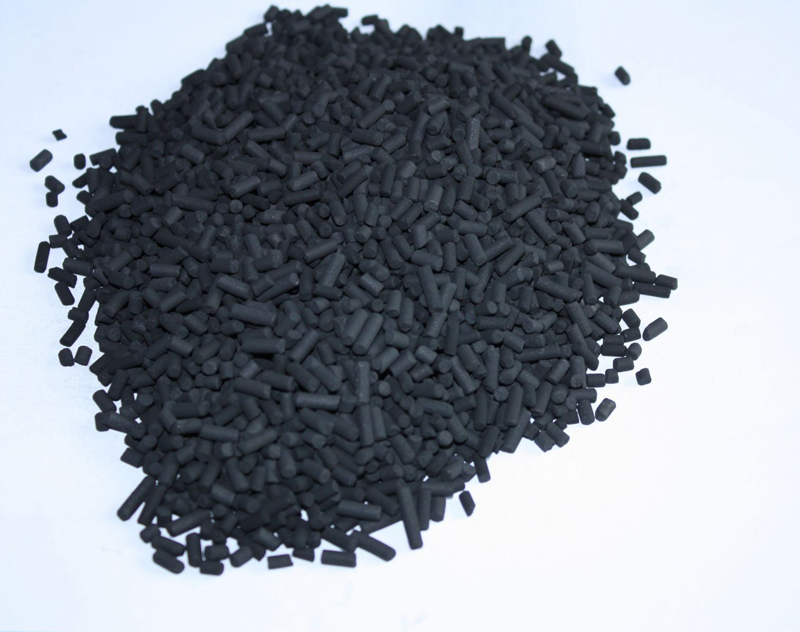Water chemistry is a complex subject, but it is also an incredibly important one. It governs every factor within your aquarium and is pivotal to the health of the animals living in it.
While there are a good deal many other water parameters to bear in mind, we have selected those which we believe to be the most important in saltwater aquariums. This guide will highlight those water parameters that we feel saltwater fish keepers should most be aware of. It will also explain how to go about adjusting the levels of these parameters in your tank.
pH
Fluctuations in pH levels can dramatically affect the health of the fish in your tank. Moreover if you have a reef tank then your occupants are likely to be even more reliant on a constant pH level. Put simply, pH is a measurement of the acidity of alkalinity in a solution.
It is largely accepted that the pH range in most saltwater aquariums should be between 7.6 and 8.4 and that for more sensitive reef tanks, it should be kept at the higher end of the pH scale between 8.0 and 8.3. That said, pH range varies from organism to organism so always be sure to research the correct pH level for each individual species of aquatic life that you keep.
To maintain the correct pH level in your tank consistently test your aquarium water with a pH testing kit. It is usually a good idea to carry out a test on a weekly basis, you can then amend the pH level of your water with a pH buffer if required.
Alkalinity (Alk)
Your tank’s inhabitants produce acids that cause fluctuations in pH levels. Alkalinity, in the form of carbonates, ensure that pH levels remain stable. Carbonates are also important to coral skeletal growth.
Should you find that alkalinity levels in your tank are low then try using an additive such as Seachem’s Reef Builder which is designed to raise carbonate alkalinity. If levels are too high then try changing the salt mix that you are using or stop carrying out water changes until the alkalinity level has reduced.
Calcium (Ca)
For many saltwater fish tank keepers understanding and maintaining the balance between calcium and alkalinity can be the most vexing area of water chemistry. Calcium is essential for coral health and according to the Drs. Foster and Smith chart, natural coral reefs have calcium levels between 380-420 ppm. However, if you add too much calcium supplement then you will drive down alkalinity as a result of precipitation of calcium carbonate. Conversely, adding too much of an alkalinity supplement can result in reduction of calcium.
The key here is to test, test and test again! Even if that means buying two different brands of aquarium test kit to ensure that the readings you are getting are absolutely correct. Accurately testing means that you will possess the information required to add the right balance of calcium and/or alkalinity additives to your tank.
Magnesium (Mg)
Magnesium is the third most abundant ion in salt water behind sodium and chloride. The Drs. Foster and Smith chart advises that magnesium should be maintained between 1,250 ppm and 1,350 ppm in a reef aquarium, and between 1,150 ppm and 1,350 ppm in a Fish Only With Live Rock (FOWLR) aquarium. Magnesium assists many biological functions, in particular skeleton growth as it is an important component of aragonite. It is also key to maintaining ideal calcium and carbonate levels in salt water. After testing your water, and if required, magnesium supplements can be used to increase magnesium in your aquarium water.
Salinity
Salinity is the measure of the dissolved salts (ions) in water. It is generally accepted that normal seawater has a salinity of 35ppt. To get the right salt to water ratio you will need to test your water using a salinity test kit. Then, dependant on whether the level is high or low, you can use salt water to top up your tank or, remove a quantity of the tank water and replace with fresh, RO water.
Ammonia (NH3)
Ammonia is toxic and this means that the level of ammonia in your tank needs to remain at zero ppm. Ammonia can enter your tank through outside water or the decomposition of fish or other natural matter. If a test reveals ammonia in your tank then first you will need to find and remove any decaying matter, cease feeding, add a live bacteria mix and use an ion filter. You may also have to relocate some of your fish to a temporary tank until your main tank is stable.
Nitrate (No3)
High levels of nitrate can cause algae problems as well as a decline in coral and fish health. Consequently, it is important to keep nitrate levels as low as possible.
The main causes of increased nitrate levels are over feeding, overstocking, poor filtration, poor quality water as well as poor water circulation. By reviewing the aforementioned issues, you should be able to address heightened nitrate levels in your tank.
Phosphate (Po4)
Phosphate control is extremely important in your aquarium. It fuels algae growth and inhibits calcification of both corals and invertebrates.
To keep phosphate levels in your tank as low as possible use a protein skimmer as well as a phosphate removing media.
Temperature
Because different saltwater dwelling creatures derive from warmer parts of the world than others, it is difficult to definitively say what the right temperature for a saltwater aquarium is. A good range for saltwater aquariums is between 73° to 84°F (23° to 29°C). To measure and maintained the temperature of your tank you need a good quality thermometer as well as an aquarium heater.
Water chemistry is incredibly important to maintaining the health of the fish, invertebrates and plants in your saltwater aquarium. Getting it wrong can have disastrous consequences. This guide includes general advice in regards to ideal levels of water parameters as well as how to measure and maintain them. However, there are many species of saltwater fish and invertebrates for which the aforementioned advice would not be suitable. Be sure to research the needs of the fish and invertebrates that you want to keep so as to gain a clear understanding of how their needs differ from the standard water parameters.
Georgina Ryner is a contributing writer for AquaNerd and she also works with Swell UK. Click here to learn more about water chemistry from Swell UK.






